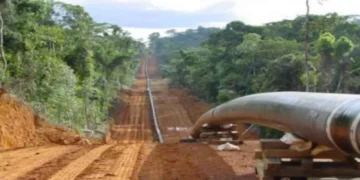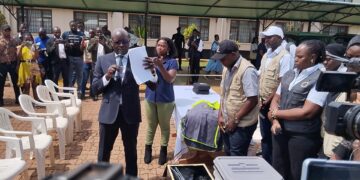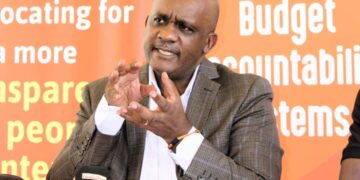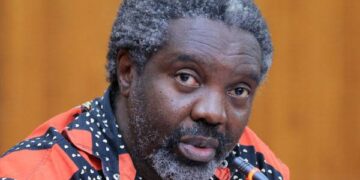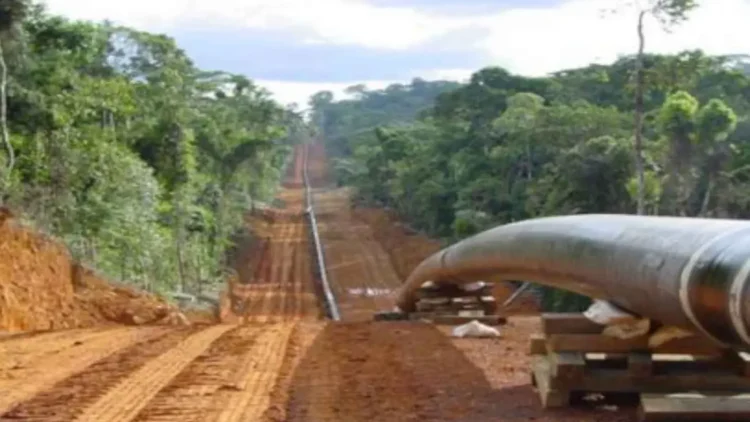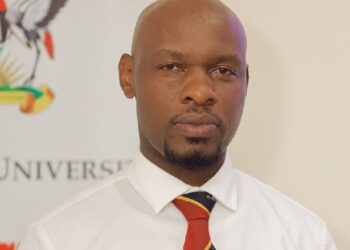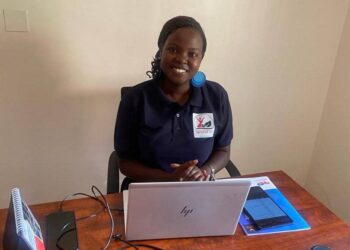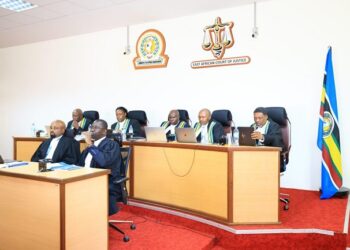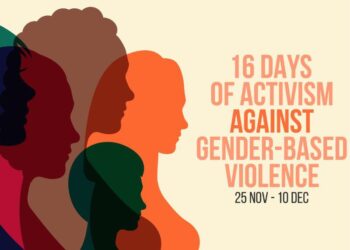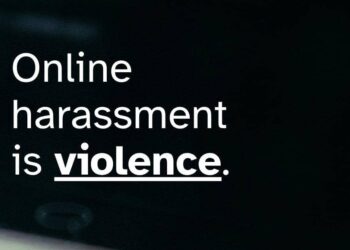OPINION
As the Ugandan government turns its gaze eastward to secure financing for the East African Crude Oil Pipeline, questions loom large over the project’s legitimacy and sustainability.
The pursuit of financial backing from Chinese institutions, following rejections by numerous European banks, signals desperation rather than sound economic strategy. It also underscores the international community’s increasing recognition of the risks and violations associated with EACOP.
To date, over two dozen major European financial institutions, including giants like BNP Paribas, Barclays, and Credit Suisse, have explicitly refused to fund EACOP. Their reasons are compelling the project poses severe environmental, social, and human rights risks that cannot be ignored. From displacing thousands of households in Uganda and Tanzania to threatening critical ecosystems and exacerbating climate change, EACOP is a textbook example of how short-term economic ambitions can imperil long-term well-being.
The rejection by European financiers is not an act of malice but a decision rooted in global accountability. These institutions recognize that supporting EACOP would contradict their commitments to sustainability and human rights. They have acknowledged the mounting evidence from environmentalists, human rights groups, and impacted communities detailing the pipeline’s potential to wreak havoc. By contrast, seeking Chinese financial support, particularly from state-backed insurers like SINOSURE and China RE, raises concerns about a double standard in global environmental governance.
China has often been criticized for its financing of projects in developing nations without adequate consideration of environmental and social safeguards. While Chinese investments have facilitated infrastructural development, they have also left a legacy of debt distress and environmental degradation. If Uganda secures financing for EACOP from China, it risks deepening its economic dependence on opaque loans, which could compromise the nation’s financial stability and bargaining power in the future. Additionally, the lack of stringent oversight on environmental impacts could exacerbate the project’s already controversial status.
The narrative that China represents a “last resort” for financing reinforces the idea that EACOP is a high-risk project, unworthy of global endorsement. But instead of chasing reluctant financiers, Uganda and its partners should take a step back and reevaluate the pipeline’s necessity. The world is transitioning to renewable energy, and fossil fuel projects like EACOP are increasingly seen as stranded assets. Doubling down on oil infrastructure in the face of a global energy shift is not only shortsighted but also economically imprudent.
In conclusion therefore, Uganda and Tanzania should prioritize investments that align with sustainable development goals. Redirecting focus toward renewable energy projects, such as solar and wind, that would attract ethical investors and provide long-term benefits for local communities. These alternatives promise not only environmental preservation but also job creation, energy independence, and global goodwill.
Financing EACOP through China is not a solution it is a shortcut to long-term challenges. It is time to put people and the planet before profit. Instead of making China the financier of last resort, Uganda should lead by example, pursuing development that respects human rights, preserves the environment, and positions the country as a leader in the green energy revolution.
Writer is: Mercy Nuwamanya
nuwamanya94@gmail.com
